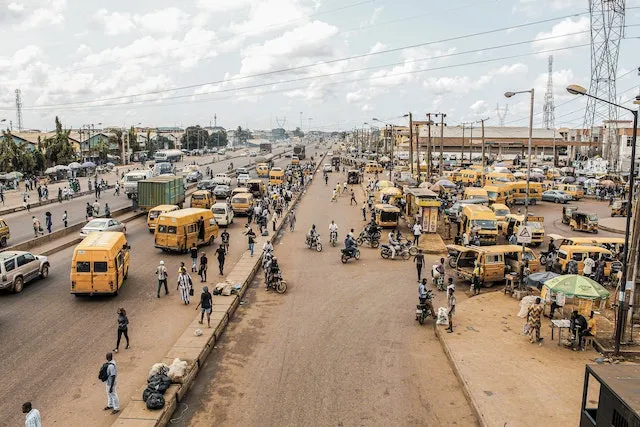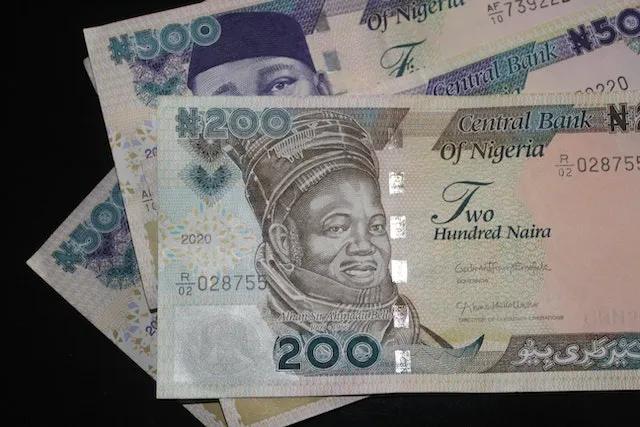The economy of a country can be measured through various pointers but in today's discussion, we will focus on viewing it through the lens of the workforce of the country with Nigeria as a case study.
The workforce. You know who they are, right?

By definition, the people that make up the workforce of a country are those that are willing to work and those that are already working in the country. Each workforce is made up of people and everyone that goes out there to do a job wants to be treated right.
Barring some other variables, whenever the workforce has a conducive working environment and they have a decent payment package, they will most likely stick around but once they don't get any of these things, they will start exploring other alternatives and one of those alternatives involves looking for opportunities to leave their country and work in other countries as expats.
In one of the updates I saw this morning from newtelegraphng, emphasis was laid on the fact that the banking sector in Nigeria is losing a lot of tech experts. The same can also be said about the medical line. Even our educational sector is seeing a lot of brain drain.
There is a message there. This issue of brain drain we see in the workforce says something about the economy of this country. It also says a lot about the treatment people get both financially and otherwise when they work in certain areas.
As someone that has spent some time as part of the core workforce in the country while earning in our local currency, one of the most obvious reasons for the disinterest people have in being part of the workforce here is the fact that people are just not paid enough.
Trust me, many people can cope with a hectic working schedule and some people can work from 6 to 6 in a toxic working environment but when they get peanuts in return, they will be forced to explore other options.
So, yes! The workforce is a reflection of the economy of a country. If the economy is good, it will not just attract nationals, it will also be an attraction to foreigners. But when the economy is poor with a low growth rate, it leads to brain drain.
Is there any fix in sight for this issue?
The debate about the rate of brain drain in Nigeria has rumbled on for a very long time and has continued to date. It has been discussed on several occasions and it's still up again for discussion.
Back in April 2019, the minimum wage was increased from #18000 ($36 apx) to #30000 ($60 apx) and that looks like some big fish for the workforce. But in reality, it didn't make much difference. For the record, some employers are yet to adopt the redefined minimum wage structure.

The currency itself is losing value every moment and the high rate of inflation in the country makes it hard to notice the increase in the minimum wage.
The economy of the country has dwindled to a stage where the workforce is now seeing the need to desert their job and explore other options. Of course, this leads to brain drain and it also affects the pace at which the country's economy grows... That's if there is anything like growth in the economy at the moment.
Do you think there is a way to fix this issue and improve Nigeria's economy to a stage where foreigners will be interested to migrate and work in Nigeria?
Thanks For Not Missing Any Full-stop Or Comma

The above banner is used with permission.
First Image from pexels | Additional image from pexels
